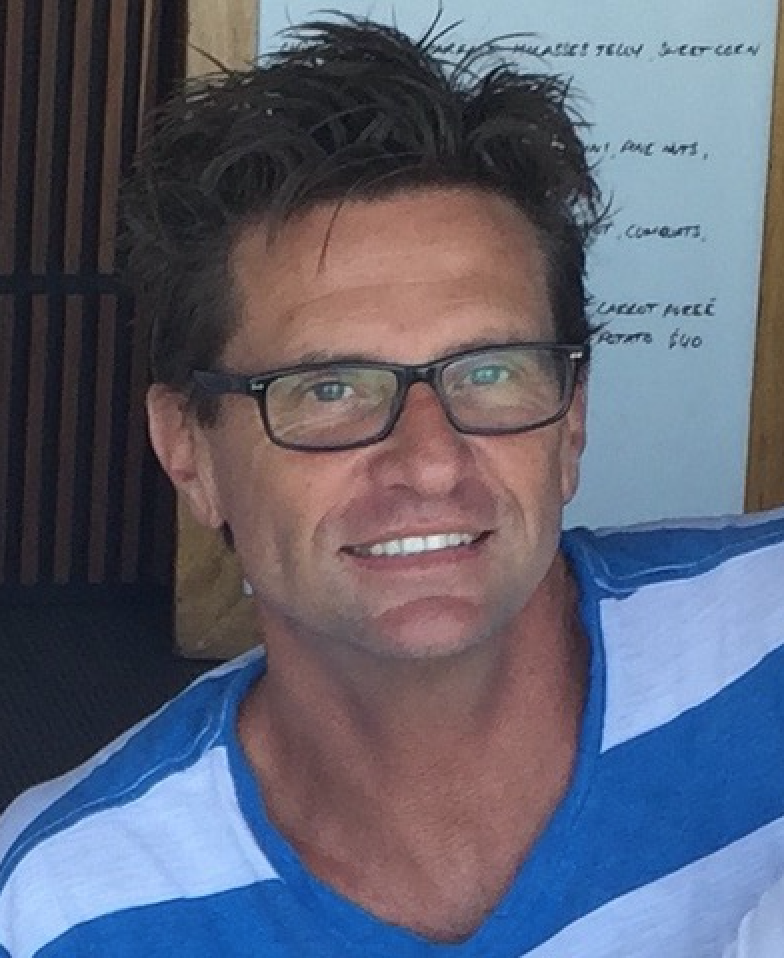“Once I finally had the courage to speak, I was surprised by the compassionate reactions and the support and love I got. I realized the healing could begin and I wished I had done it a long time ago.”
Brad Simpson was groomed and sexually abused by a private sports trainer from age nine to his mid-teens. The older male sports trainer used emotional manipulation tactics to gain Brad’s trust and continue the abuse.
Brad remembers his trainer saying, “‘Touching sexual parts is what all champion athletes do. It’s how you get in touch with your core energy—that core animal instinct that makes you a great athlete.’” Brad recalls, “I was doing well in my sports; I was a real high achiever. It was my secret weapon.”
When Brad was eighteen, he went to a swim meet leading to the Olympic selection trials. He felt he needed his secret weapon again, so he went back to the sports trainer and the abuse continued. “It was already bad enough, but once I’d done that, I could never tell anyone about it because it was so embarrassing. I realized it was wrong; I was asking for it. I had that guilt and shoved it away forever.”

Brad didn’t tell anyone about the abuse for the next 35 years and instead focused on achieving goals in his career, sports, and social life. “It was scary; I was afraid of judgement most of all. I had feelings of guilt, and I struggled with self esteem and trying to hide my story.”
Four years ago, Brad spoke about the abuse to his wife for the first time in an attempt to explain some of his behavior. He didn’t want to use it as an excuse, but felt it was important to explain the trauma he had worked to hide through drug and alcohol use for so many years. “I made it so tough for her, and somehow she stuck around.”
After disclosing to his wife, Brad told his children and sought counseling. He feels his real healing began during his time at an addiction treatment facility where he found other survivors of child sexual abuse. “I started getting to know my inner child and learning to love that part of myself again. The little guy that felt it was his fault, the little guy that kept the secret.” He found the community aspect of his treatment to be valuable because others provided support and understanding in moments when he felt most isolated.
Brad’s parents didn’t know about the abuse until shortly before he entered the treatment facility. He resisted telling them because he didn’t want them to feel responsible for what happened. “I never blamed them for it; I never wanted to. It wasn’t their fault. They didn’t know because I hid it so well.” However, after going through a breakdown and nearly taking his life, he decided to tell them. His parents have been wonderfully supportive, but Brad still worries that they struggle with feelings of guilt. “I hate that I had to tell them because it was nobody’s fault.”